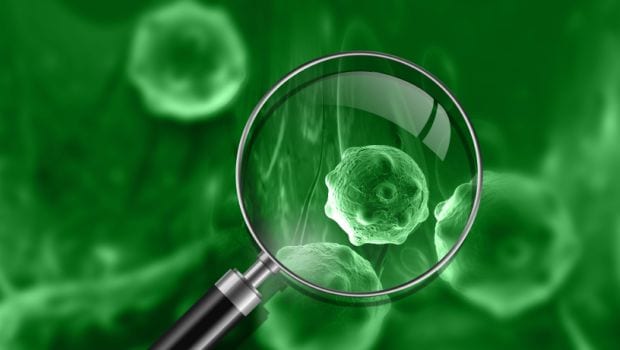A new study has identified a protein which could possibly be linked to the disorder. Researchers say, that the absence of this protein could trigger the disorder which can lead to the repetitive ritualised behaviour typical to OCD patients.
Professor Kai Schuh from the Institute of Physiology at the Julius-Maximilians-Universitat (JMU) Wurzburg in Bavaria, Germany said "We were able to show in mouse models that the absence of the protein SPRED2 alone can trigger an excessive grooming behaviour."

SPRED2 occurs in all cells of the body, but the protein is found in particularly high concentrations in two regions of the brain- the basal ganglia and the amygdala.
In normal cases, the protein obstructs an important signal pathway of the cell namely the Ras/ERK-MAP kinase cascade and when it is missing, this signal pathway happens to be more active than usual, inducing unnatural obsessive and compulsive behaviour.
The finding is especially important, as there has been no clear information as to what triggers this disorder till now, like eating disorders, depression and mental disorders, OCD was till now treated with regular anti-depressants. These non-specific drugs, are not quite tailored to treat the respective disease, Scuh added.
Hoping that this study would bring about new and better targeted therapies and more enhanced treatments, Scuh said, "Our study delivers a valuable new model that allows the disease mechanisms to be investigated and new therapy options for obsessive-compulsive disorders to be tested."Inputs from IANS














